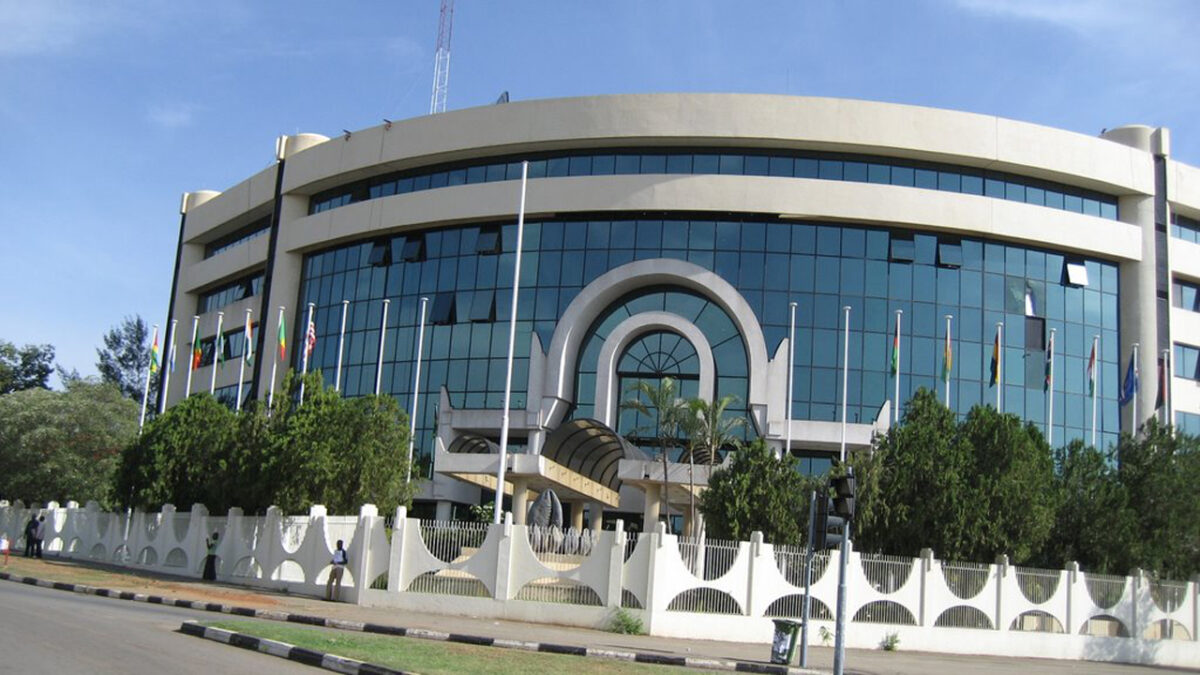To provide access to social services in the African countries, the World Bank and Economic Community of West African States (ECOWAS) have forged partnership to create proof of identification for 190m Africans.
The identification system, according to ECOWAS, would help to achieve the objective of West Africa Unique Identification for Regional Integration and Inclusion (WURI) programme.
ECOWAS observed that despite the high level of intra-regional mobility within the Economic Community of West African States (ECOWAS) space– estimated at 70 percent of the population– about 196 million people (roughly 53 percent of the population) do not have proof of identification.
To actualise the WURI programme, an inaugural meeting of the supervisory Committee held on Wednesday in Lagos with representatives of the ECOWAS, the World Bank and other stakeholders in attendance.
The proposed foundational unique identification (fID) systems will provide government-recognised identity credentials for all persons in the territory of a country without connoting legal status, upon which both the public and private sector can subsequently rely for transactions and service delivery.
Typically, fID systems are linked with civil registration (CR) systems and interoperate with sectoral systems (e.g., social protection, health, education, financial services, population, or travel)
ECOWAS Commissioner, Economic Affairs and Agriculture, Mrs. Massandjé Toure-Litse said, “As we already know, the WURI programme seeks to address the gaps in people’s identification in a more sustainable digitised manner and to use these ID platforms to facilitate access to services both within and across the participating Member States,” she said.
She mentioned six African countries namely; Benin, Burkina Faso, Côte d’Ivoire, Guinea, Niger and Togo who are member states of WURI programme, saying that achieving the identification system would set the ball rolling towards advancing the achievement of foundational identity facilitated service.
“There is much for the Member States to discuss as we collaborate on linking the foundational ID systems to at least four services across the region during the programme duration. This is a huge task. Its achievement is nonetheless within our reach if we relentlessly sustain and even improve on the momentum gathered by all,” he said.
The World Bank Representative, Christian Bodewig revealed that approximately 850 million people worldwide lack proof of identity, half of whom are in Sub-Saharan Africa, emphasing the need for the identification system.
“In a rapidly changing world, identification systems have become a fundamental pillar on which public and private service providers rely to facilitate access to basic services such as social protection, health, education, water, electricity, etc, as well as financial and digital services.
“Yet, it is estimated that approximately 850 million people worldwide lack proof of identity, half of whom are in Sub-Saharan Africa.
“This creates daily challenges for the people concerned, and is a major obstacle to the efforts of States as they strive to organize and augment participation in society through the services offered to the population,” he said.



